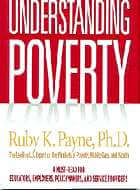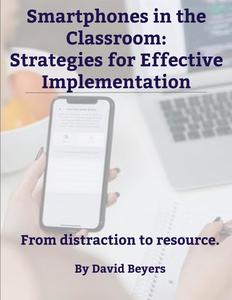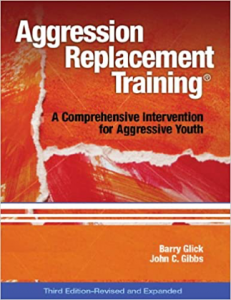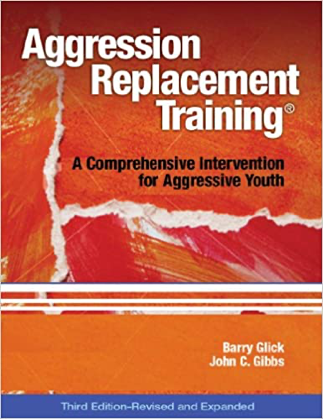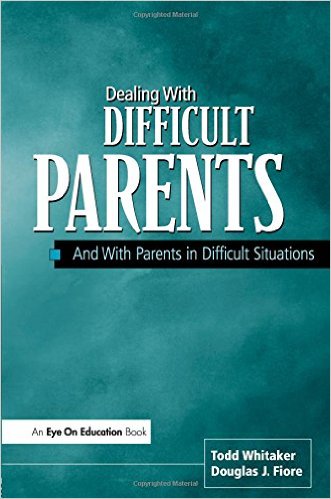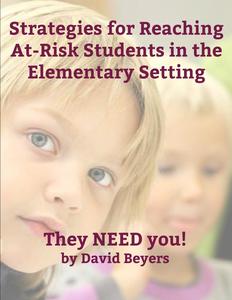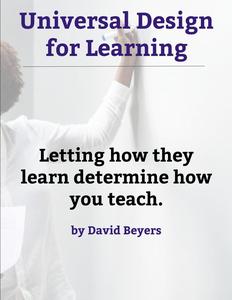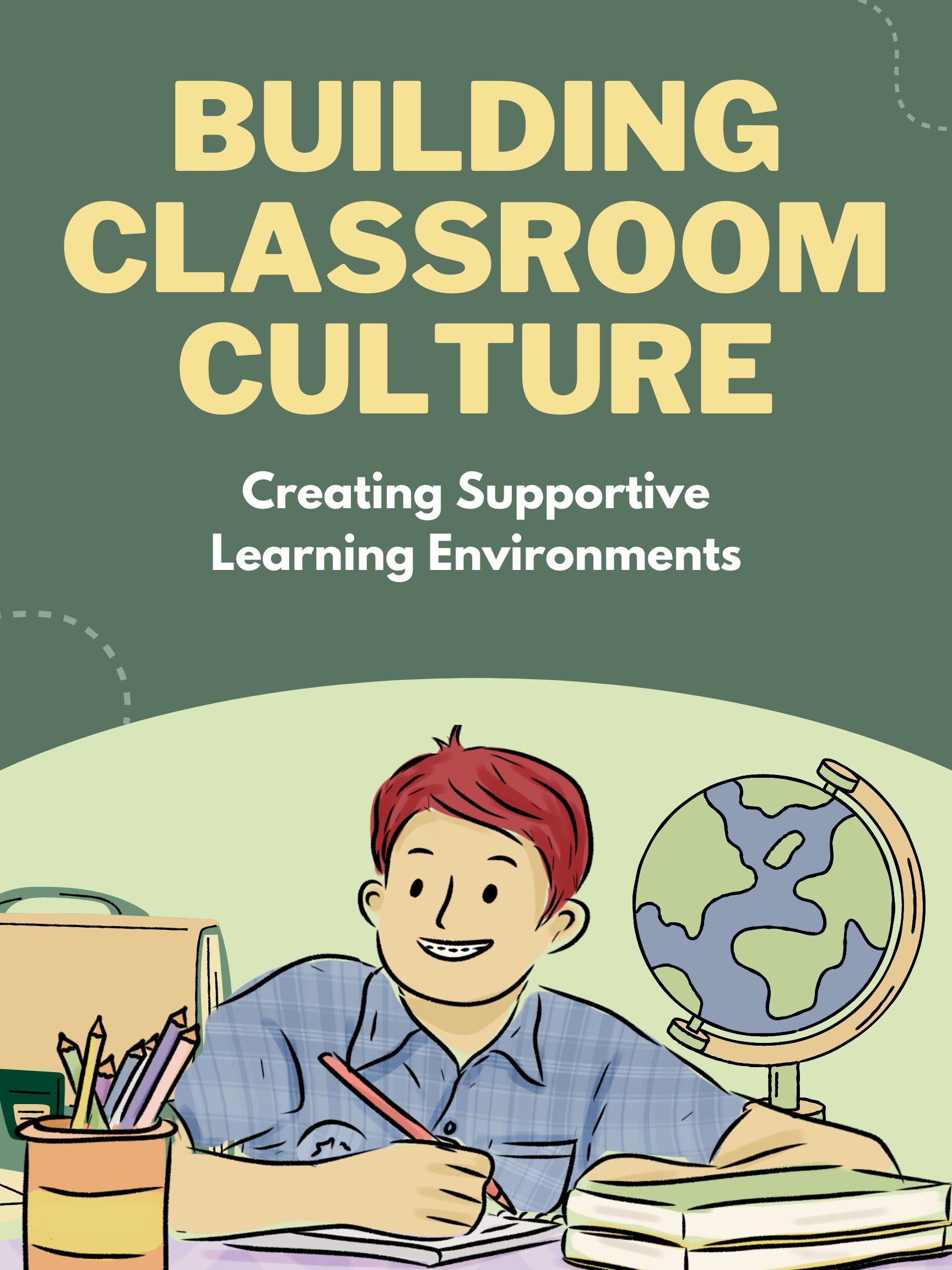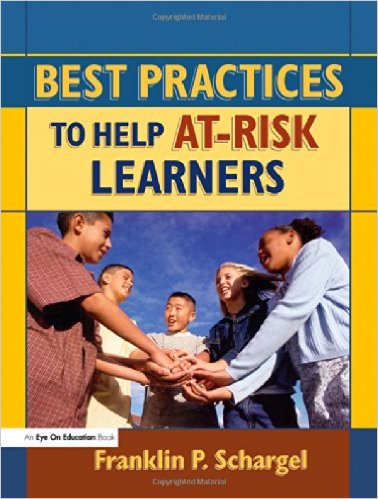“Thank you so much for your help. I truly appreciate your efficiency! “
- 3 Credits -
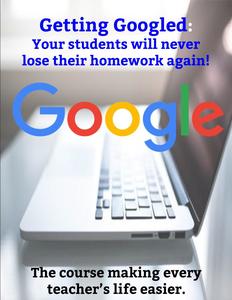
Instructor:
David A. Beyers Ed.M.
Accredited By:
- Colorado State University Pueblo
Grade Type:
University Transcript: Pass/Fail Grade
Course Description
This workshop is intended for teachers who are interested in learning how to take advantage of the free Google applications for educators. Google has changed the way we are doing education and is helping us eliminate excuses.
View Full Course Description
$425
3 Semester Graduate Credits
Item categorymost-popularpage2 not found.Item ma-categorymost-popularpage2 not found.Item categorymost-popularpage22 not found.Item ma-categorymost-popularpage22 not found.
Getting Googled: Your Students Will Never Lose their Homework Again!
- 3 Graduate Credits -



Course Objectives
From this course, participants will:
- Establish a free account with Google.
- Determine how to set up your Gmail and create classroom labels with assignment files.
- Review the similarities between Word and Docs to see what carries over and what major
differences exist. - Develop living windows into your classroom along with resources that will be incorporated into
your ecourse including tutorials. - Evaluate current web resources such as Forms, Slides and Sheets.
Credit Hours
3 Semester Credits (post-baccalaureate professional development credit)
Course Instructor
David A. Beyers Ed.M.
Accredited By:
- Colorado State University Pueblo
Grade Type
University Transcript: Pass/Fail Grade
Getting Googled: Your Students Will Never Lose their Homework Again!
What Others Are Saying...

